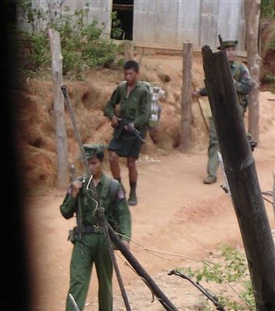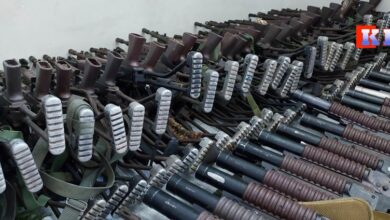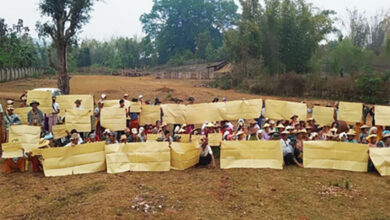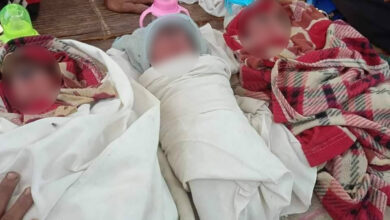Human Rights Watch: World Bank Must Do More to Pressure Burma over Ongoing Abuses

Human Rights Watch has called on the World Bank Group to pressure Burma’s government to stop ongoing human rights abuses.
The New York based human rights organisation acknowledged that Burma had undergone significant reforms since a flawed 2011 election propelled a nominally civilian government into power, led by President and ex-general U Thein Sein. Yet HRW also warned that despite significant improvement, serious human rights abuses continued to occur in the country and that the World Bank Group had a responsibility to use its financial muscle to press for further reforms and had been “silent” on the ongoing abuses happening inside the country.
Jessica Evans, from HRW, said that the World Bank Group should be cautious with its reengagement with Burma.
“The World Bank should be taking stock of the human rights situation in Burma as the 2015 elections approach,” she said, “The elections could be a milestone in Burma’s reform efforts or a major setback, and the bank will need to set the best path for engagement.”
The World Bank Group is made up of four international organisations tasked with combatting global poverty through sustainable development and has begun reengaging with Burma for the first time in 27 years. According to the World Bank website, the groups has committed to US $281.5 million in projects in Burma so far.
“The World Bank has an important role to play in advancing access to education, health, and electricity in Burma,” Ms. Evans said. “But for it to really advance development, it needs to have its eyes wide open to Burma’s ongoing rights problems and actively work to address them.”
Sean Turnell, a professor of economics at Macquarie University and author of a book on Burma’s economy, said that despite recent reforms, Burma still had one of the least transparent economies in the world.
“Burma’s economy is one of the least transparent in the world,” Professor Turnell said in an interview with Karen News, adding, “Matters have improved somewhat since 2010, especially since the exchange rate was effectively floated in March 2012. However, the economy is still very closed to scrutiny. I estimate that as much as 40% of Burma’s resource revenues go ‘missing’ from the country’s public accounts.”
Transparency International in its 2012 report on Burma ranked the country at 172 out of 174 of the world’s countries for public sector corruption.
The World Bank was also criticised by HRW for “dismissing” inter-communal violence between Muslim Rohingya and Buddhist Rakhine in Arakan State in its 2012 assessment of the violence, which said simply that: “localized instances of communal violence … indicate the need to address continuing societal fault lines.”
Since 2012, the violence against Rohingya has displaced more than 140,000 people, according to the UNHCR, and HRW has said that the attacks on Rohingya were part of a campaign of ethnic cleansing, and was a crime against humanity. “The impact on their social and economic rights have heightened since then [2012], but the [World Bank] has remained silent,” HRW said in the statement.




